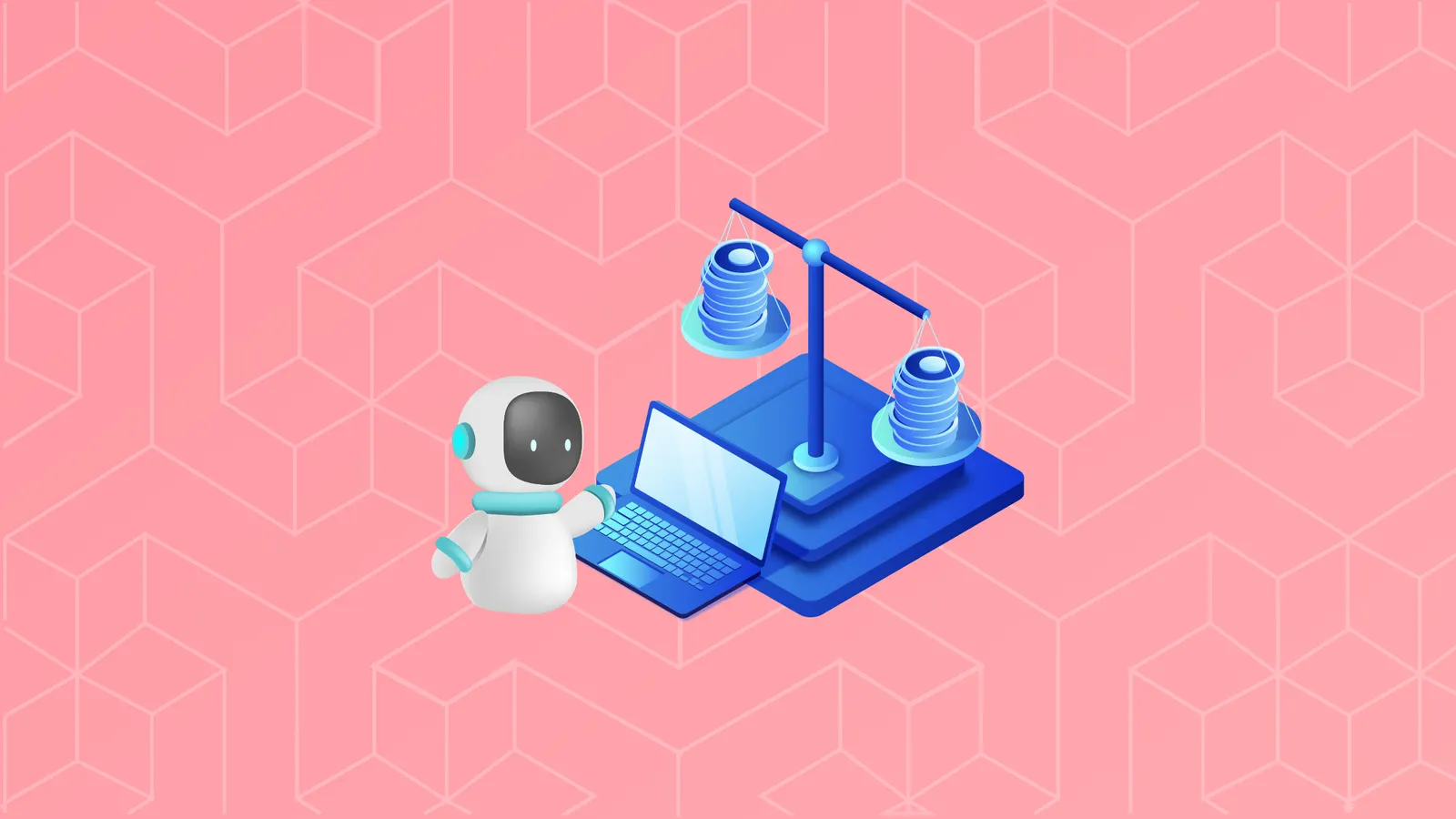Developers of artificial intelligence (AI) aspire to create systems and programs that can analyze, predict, and behave like human beings. While the history of AI and computers extends back decades, it is only in recent years that technological developments have brought this goal within sight. Now that AI has become more widespread and robust, it has moved from the theoretical realm into a new, practical one: how can individuals, organizations, and businesses best capitalize on this powerful new technology? In this article, we focus on some of the ways that AI has transformed business, and some of the potential transformations on the horizon.
A common view of AI is that it is useful for taking tasks previously done by humans and automating them, performing them much faster and with higher success rates. Consider industries as wide-ranging as healthcare, automobile manufacturing, and insurance. AI can automate processes for each of these areas. In healthcare, AI systems can streamline data collection, diagnosis of conditions, and even treatment procedures. Automotive manufacturers can use AI systems to identify errors in production and quickly correct them, or to perform physically-demanding parts of the manufacturing process. Insurance companies already employ AI to perform rate calculations, process claims, and more. There are countless other examples of AI’s work in automation as well.
However, automation is only one of a wide variety of systems AI can benefit across the business world.
Data Management
Perhaps one of the less glamorous use cases for AI, but nonetheless among the most important, is data management. The amount of data created and consumed surged by 5,000% from 2010 to 2020. Collecting, sorting, and processing this data is typically prohibitively costly in terms of time and resources for many companies. But AI can be trained to manage these tasks efficiently. In this way, AI can not only create and maintain data stores for companies in order to improve business operations, it can also help to identify trends and potentially suggest new strategies based on the data it gathers.
Customer Service
AI already plays a major role in many companies’ customer service operations, and it is poised to radically transform this space. Many businesses use chatbots to provide customer service online, freeing up employee time, reducing costs, and streamlining aspects of the service. Chatbots utilize AI systems like machine learning and natural language processing to understand and answer customer queries.
AI could upend customer service as we know it through the advent of ChatGPT, the powerful chatbot released late in 2022 by OpenAI, and similar technologies. These tools provide significantly more robust natural language capabilities than most other chatbots and could conceivably alter the way that companies engage with customers more fundamentally.
Making Recommendations
Social media companies use AI systems to algorithmically provide content recommendations to users. These programs can analyze a range of data that a customer generates to determine which content that user may be most likely to engage with, then continue to refine and tailor recommendations after each subsequent engagement.
This type of AI-based recommendation system is also applicable to many other areas. AI can be used to recommend products which align with customer preferences, then can track customer behavior through an app or website to find products that match what those users are looking for.
Sentiment Analysis
Emotion AI, or sentiment analysis, is a branch of AI that focuses on providing businesses with data about customer reactions to products, features, marketing, and other elements of their user-facing operations. AI systems can parse out social media posts, ratings, reviews, and behavior while on company websites and apps.
Monitoring Fraud
AI tools may also be helpful in identifying instances of fraud by searching troves of transaction data for inconsistencies. An AI system is likely to be able to catch fraudulent activity much faster than a human team, increasing the likelihood that the threat can be addressed before additional damage is done.
Cheat Sheet
- Artificial intelligence (AI) technology was not specifically designed for business applications, but it nonetheless has the potential to radically transform many industries.
- AI is already used to automate a host of processes in sectors ranging from healthcare to life sciences to automotive manufacturing and more.
- AI may also help to manage the ever-growing trove of data generated by customers and businesses, which ballooned by 5,000% from 2010 through 2020.
- ChatGPT and other chatbot technologies have streamlined customer service systems.
- AI algorithms provide tailored recommendations in streaming sites and social media, with additional applications possible across many other industries.
- AI can be used to gather and analyze data about customer sentiment regarding brands, product lines, and modes of customer engagement.
- Fraud detection systems using AI may be able to identify and react to fraudulent activity much faster than human teams.


